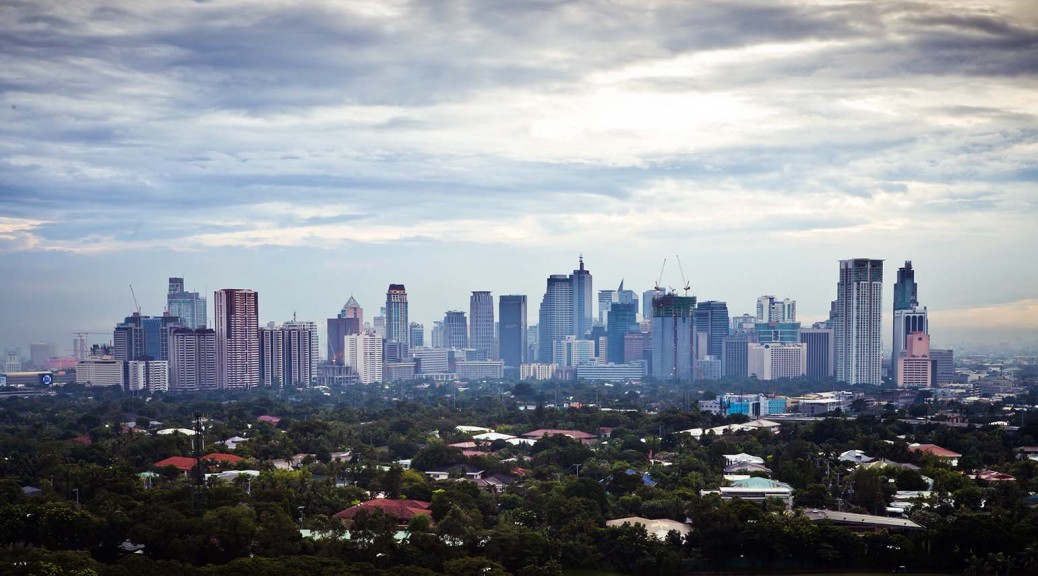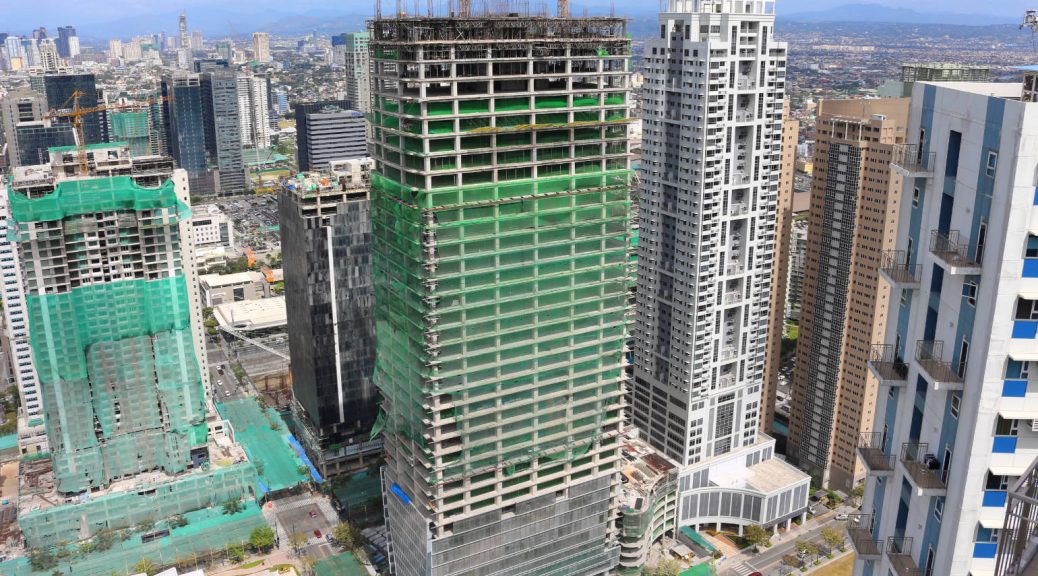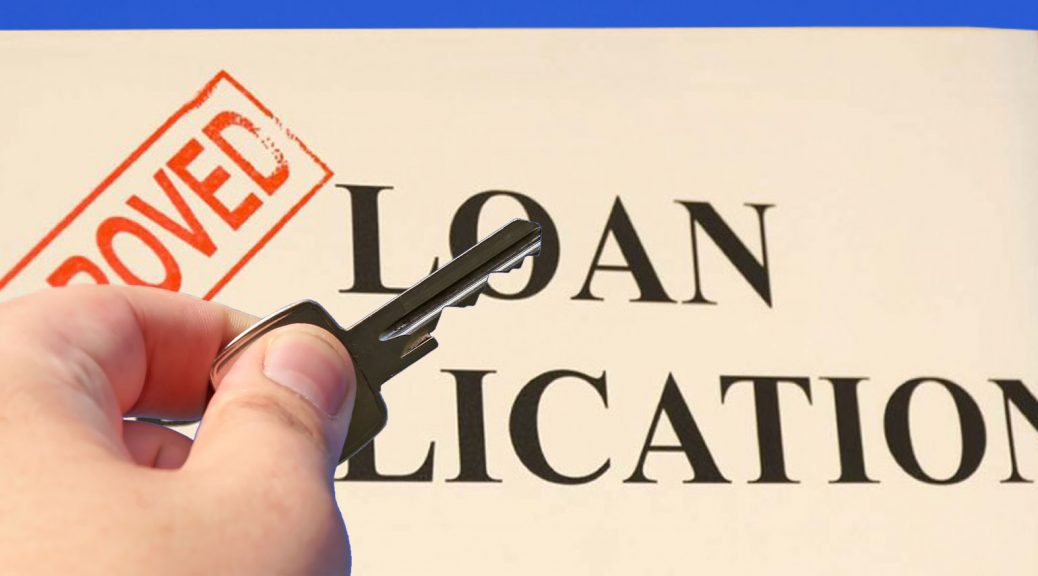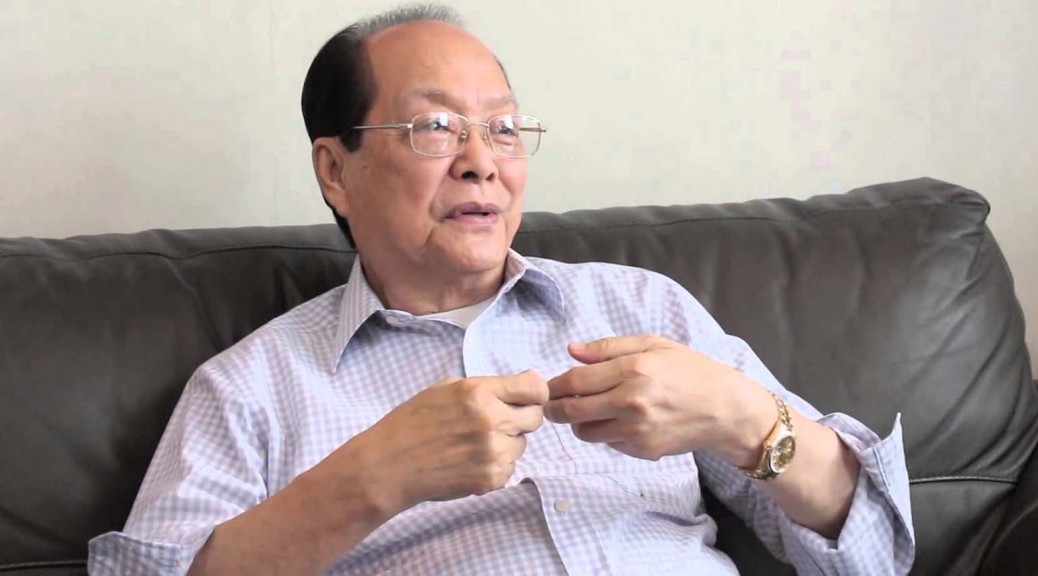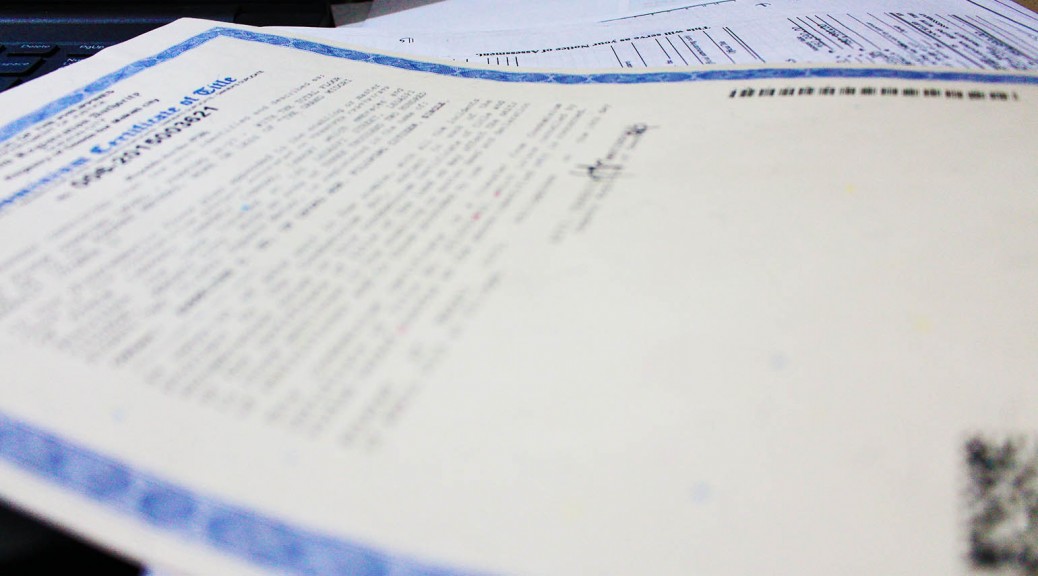As I answered his questions one by one, I have noticed that his concerns are very important and in fact a set of must-know information for foreigners like him to get a good idea about property investing here in the Philippines.
-
What loans exist for foreigners to buy existing units?
-Most banks here in the PH don’t offer loans to foreigners unless if they own a company here or they are married to a Filipino citizen, or if they know someone in the bank with a high position who can back the loan.
-
What loans exist for foreigners to buy new construction?
-Our banks here offer a wide range of construction loan, especially to developers. But as I mentioned above, banks here in PH don’t offer loans to foreign individuals. However, if the construction loan is for business, it may be advantageous for you to just form a corporation here and have the company take the loan. The corporation only has to be 60% owned by PH citizen(s) & 40% by foreigner(s).
-
What are the terms for these loans? (typical length, down payment, interest rates, etc)
-For the construction loans, One year during the construction period. After the construction period, if choice of financing is:
- revolving credit line: 1-year,
- renewable every year term: up to 25 years.
Interest rate is usually the prevailing Construction Loan rate at time of credit line set up and the fixing term is quarterly. Terms and conditions vary from bank to bank depending on their policies.
While for home financing, the minimum term is up to 5 years and maximum of 15 years (some banks offer up to 20 years). The average interest rate right now is 7%. Most banks here have teaser rates during the first year, usually at 5%.
Banks require 5% to 30% down payment (paid equity), before they release loans for the purchase of a condominium unit. The amount of down payment depends on bank’s assessment on the condominium project and its arrangement or affiliation with the developer.
-
What are the fees, both when purchasing, and ongoing monthly or yearly?
-Purchasing a residential condominium property is very easy (both for foreigners and locals). The client only has to pay the reservation fee & then the agreed payment scheme for the contract price. All the documentations pertaining to the title of the property will be handled by the developer.
Usually, advertised prices are what we call “unit price”. This is exclusive of taxes and miscellaneous charges. Unfortunately, not all developers are transparent with the breakdown of miscellaneous charges and taxes. It is up to the client to ask whether the presented price is the contract price inclusive of taxes & other charges. Some developers however are very comprehensive with the figures presented to clients.
The ongoing expenses are, aside from monthly utility bills, association dues which are collected every month. This is to cover for the overheads needed to run the condominium corporation (e.g. security service, building maintenance, receptionist, janitorial service, etc.). Monthly association dues differ from project to project. This will depend on the location, amenities & facilities present and others.
Example, a 20sqm unit in Makati has higher monthly dues compared to the same unit size in Quezon City (with the same facilities & amenities). If the condominium project has tons of amenities and facilities, upkeep costs are higher as well.
Some condominium projects have some regular fees collected aside from monthly association dues. Others have one time corporation joining fee. It is again up to the client to clarify these kinds of fees before signing the contract.
Real property tax is paid annually. This is equivalent to 2% of the assessment value of the property for Metro Manila. This assessed value is determined by the City Assessors’ office.
Some foreigners, overseas Filipino workers and investors have their own property manager. This should be considered as well in calculating the ongoing expenses of your condo property.
-
I’d really like to understand if these units’ cashflow after all expenses, just “break even”, or if rental rates don’t cover the expenses.
-To answer this question, it really depends on several factors, such as the following:
- buying terms,
- mortgage availed,
- strategy in handling the property
- location
For the buying terms, some condominium investors purchase by bulk especially in locations where high volume of renters are expected such as the university belt here & major CBD’s like Makati, Ortigas and Taguig while others just buy 1 or 2 units. Of course, the bulk buyers enjoy discounted prices.
Another example for buying terms, some developers right now offer easy occupancy programs. This program allows the buyer to use the unit while he is still paying the down payment, then the balance will be through financing. For instance, a unit with a total contract price (TCP) of P2,500,000. The buyer usually has to pay only 5% of the TCP as outright payment. Then, the 15% down payment is payable in 22 months without interest. The 80% balance is then through bank financing.
So, to qualify for the easy occupancy program, the buyer has to pay the 5% first before he can use the unit. Then start paying the 15% down payment – for example 22 months – while he’s already using the unit. In this 22-month period, the investor takes advantage of the 0% interest. Say for example the 15% of P2.5M is 375,000, then the monthly payment is P17,045.45. The investor can have the unit rented out for P20,000 to P25,000 (depending on the perks included).
Another thing to consider is the mortgage availed. Mortgage availment is a case to case basis. It depends on the bank’s risk assessment of the borrower on how much loan will be granted & the applicable interest (according to their margin). Also, to avail a loan, there are some costs involved such as the mortgage redemption insurance (MRI), fire insurance, appraisal fee and other fees. The client has to make sure all the fees & charges in getting a loan are discussed and understood.
With regards to strategy in handling the property, some investors prefer to manage the property on their own to minimize the overheads while others hire a property manager.
Another strategy investors use, is the rent-to-own strategy or the lease with option to purchase. I suppose you are familiar with this already :). There are also some investors who offer financing to their buyers as well.
Lastly, the location. As you are aware, location is very important in choosing the type of property for the market.
Investing in residential condominiums here in Metro Manila can be a challenge. Just like any other investment venture, there are risks involved. It is important to know the questions to ask before you sign the purchase contract. Because doing things right will also give you huge rewards, despite the risks.






